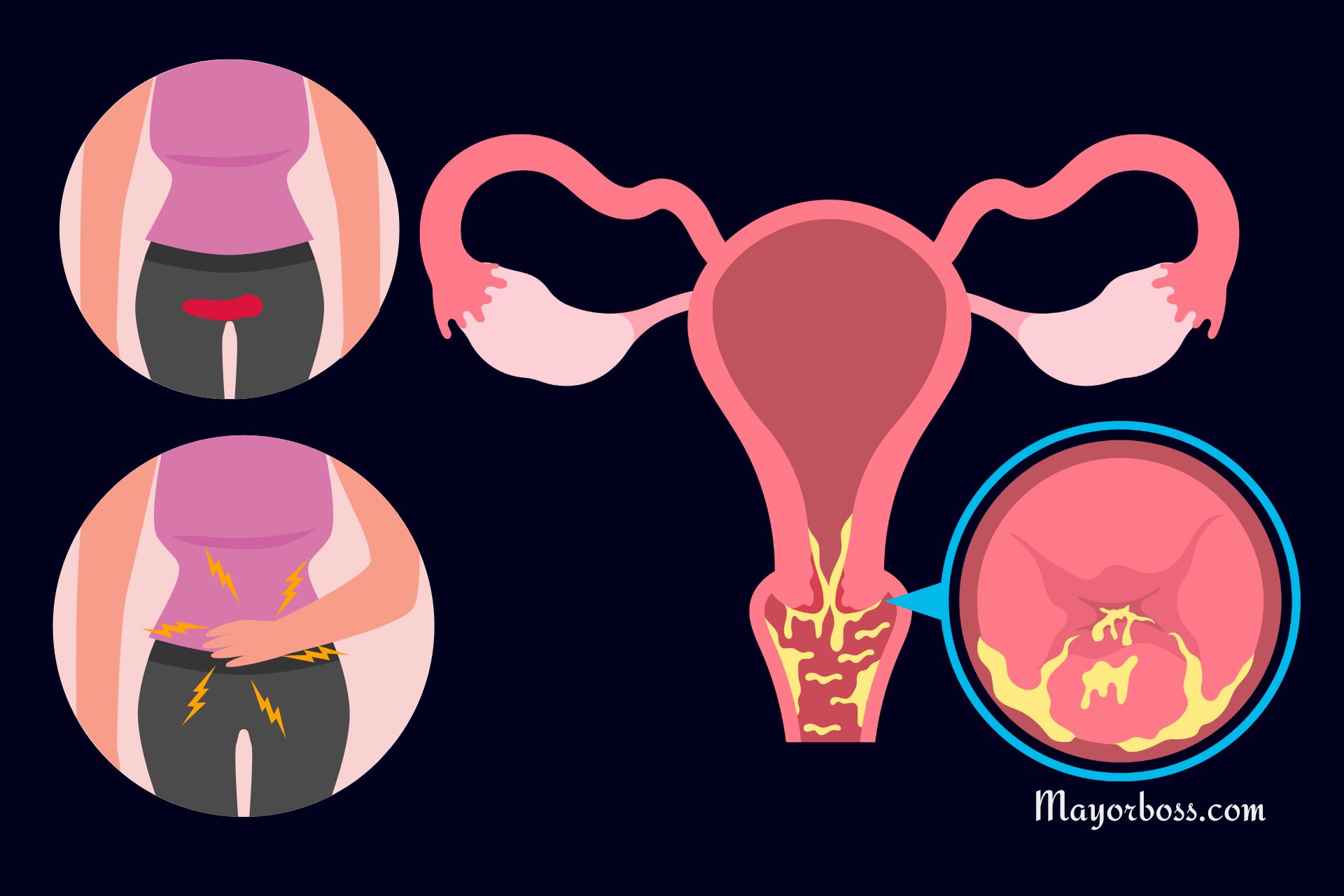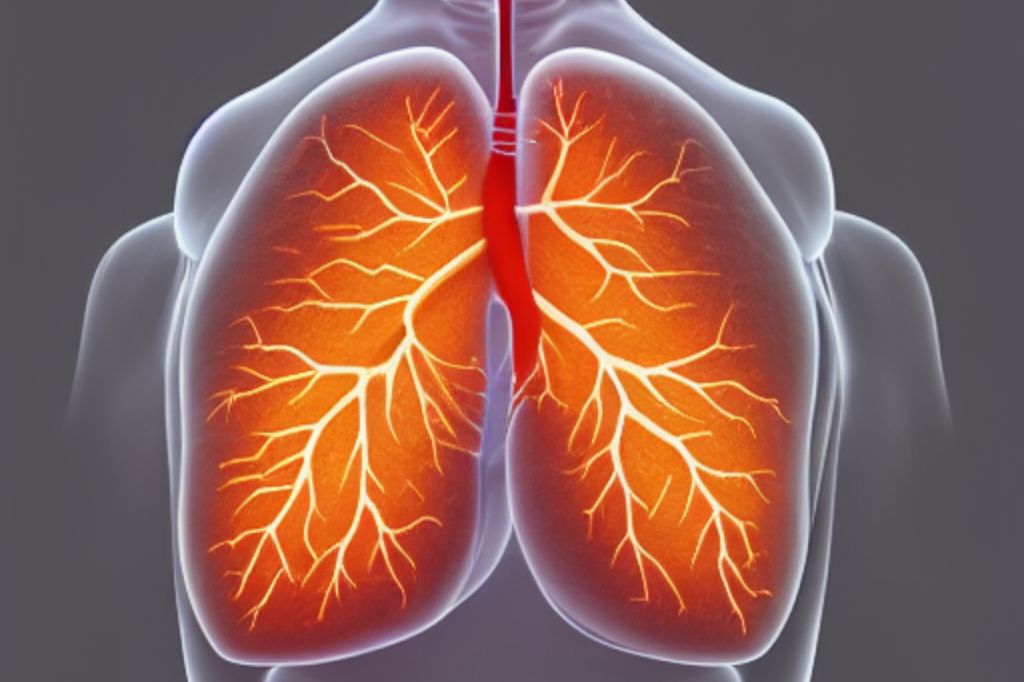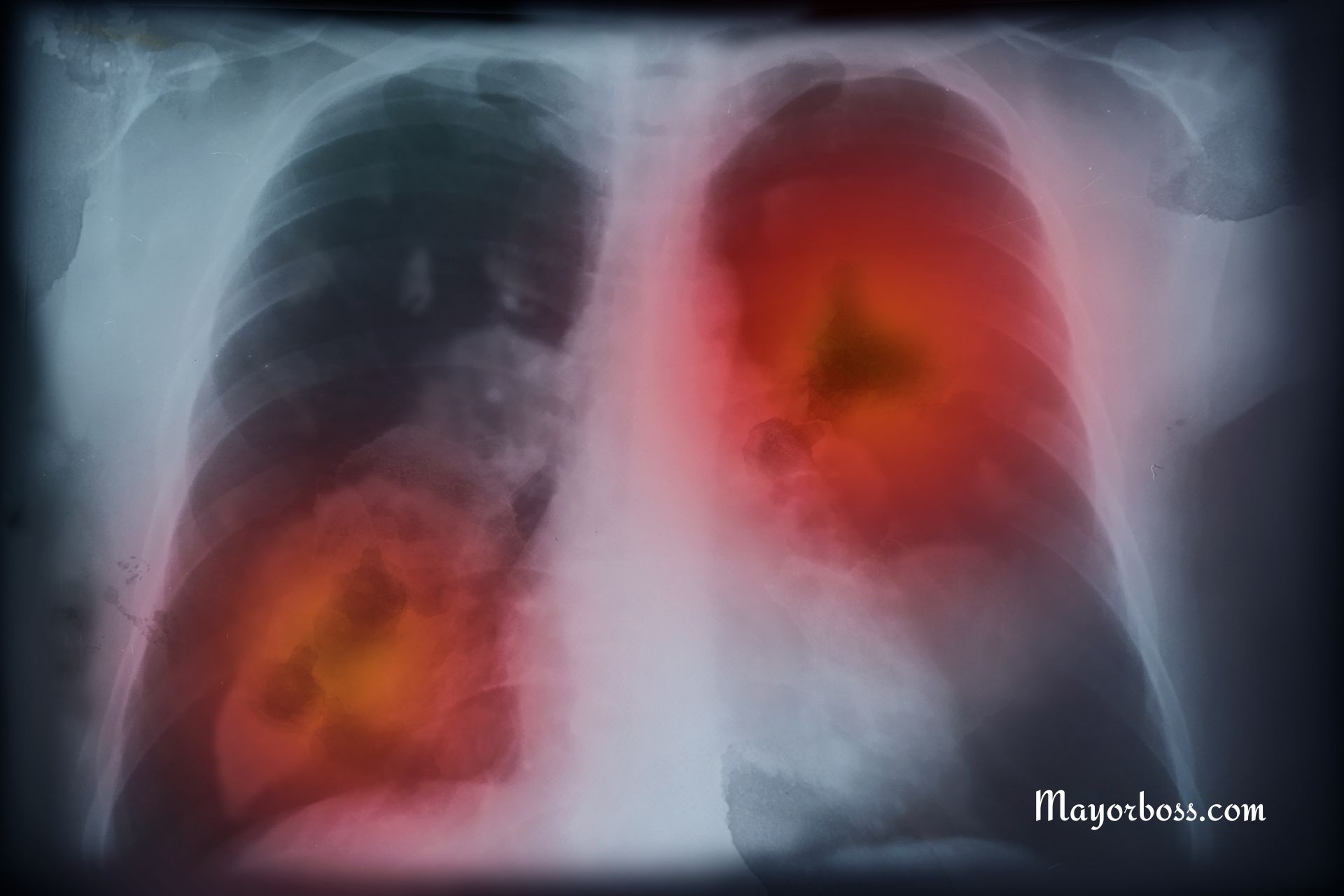The Subtle Signs Of Ovarian Cancer
Ovarian cancer is a serious health concern that usually goes undetected until it has spread significantly throughout the pelvis and abdomen. Unfortunately, at this advanced stage, ovarian cancer is more challenging to treat and is often incurable.
When ovarian cancer is detected in its early stages and is within the ovary, there is a higher likelihood of successful treatment.
Therefore, knowing and recognizing the signs of ovarian cancer is critical.
What is Ovarian Cancer?
Ovarian cancer is actually a type of cancer that starts in the ovaries of the female reproductive system.
Generally, women have two ovaries, one on each side of the uterus. The ovaries, in particular, produce eggs for reproduction and also the hormones estrogen and progesterone.
What Are The Subtle Signs Of Ovarian Cancer?
Persistent Bloating
One of the early signs of ovarian cancer you might notice is persistent bloating.
It’s possible you’ll experience swelling in your abdomen that doesn’t go away.
While bloating can be a common symptom of many conditions, consistent bloating should not be overlooked.
Abdominal or Pelvic Pain
Another sign to look out for is constant pain in your lower stomach or pelvic area.
Some people might mistake this discomfort for typical menstrual cramps or digestive issues.
However, persistent pain could potentially point to ovarian cancer.
Feeling Full Quickly When Eating
Feeling full quickly while eating is a common sign of ovarian cancer.
If you consistently find that you’re unable to eat as much as you used to, it could be a warning sign.
Especially if you’re experiencing this symptom alongside others like bloating or abdominal pain.
Changes in Bowel Movements or Urination
Changes in your bowel movements or urinary habits could be signs of ovarian cancer.
You may find yourself needing to use the bathroom more frequently than usual or experiencing constipation.
If these changes don’t resolve over time, you might want to seek medical advice.
Unexplained Weight Loss
Unexplained weight loss is often a telltale sign of various cancers, including ovarian cancer.
If you’re losing weight without trying, particularly if you’re also experiencing other signs of ovarian cancer, you should consult a healthcare provider.
Other Potential Signs
While these are the most common symptoms, other potential signs of ovarian cancer may include:
- Fatigue (constant tiredness or weakness)
- Menstrual changes such as irregular bleeding or heavier bleeding than normal
- Pain during intercourse
- Back pain
Seek Medical Help
If you’re noticing these signs of ovarian cancer, it’s important to consult a healthcare provider.
Early detection is vital in treating this disease, and your healthcare provider can help determine whether your symptoms are due to ovarian cancer or another condition.
Remember, it’s always better to seek help early rather than wait until symptoms become severe. Regular check-ups and listening to your body are key in early detection.
What are the risk factors for ovarian cancer?
The Factors that can specifically increase your risk of ovarian cancer include:
- Age (women over 50)
- Family history of ovarian or breast cancer
- Certain inherited gene mutations (like BRCA1 and BRCA2)
- Personal history of breast cancer
- Reproductive history, such as not having given birth
Frequently Asked Questions
Are there different types of ovarian cancer?
Yes, there are several types of ovarian cancer, each named after the type of cells where the cancer originates.
The three main types are epithelial ovarian cancer, stromal tumors, and germ cell tumors.
What tests are used to diagnose ovarian cancer?
Diagnosis often involves several tests, including pelvic examination, transvaginal ultrasound, and a blood test to measure the level of a protein called CA-125.
If these tests suggest ovarian cancer, a biopsy is usually performed for confirmation.
Can ovarian cancer be prevented?
While there’s no certain way to prevent ovarian cancer, certain factors are thought to lower the risk.
These include using birth control pills, having a tubal ligation or hysterectomy, and breastfeeding.
What treatment options are available for ovarian cancer?
The treatment of ovarian cancer typically involves a combination of surgery and chemotherapy.
The specific treatment plan will depend on the type and stage of the cancer, as well as the patient’s overall health.






